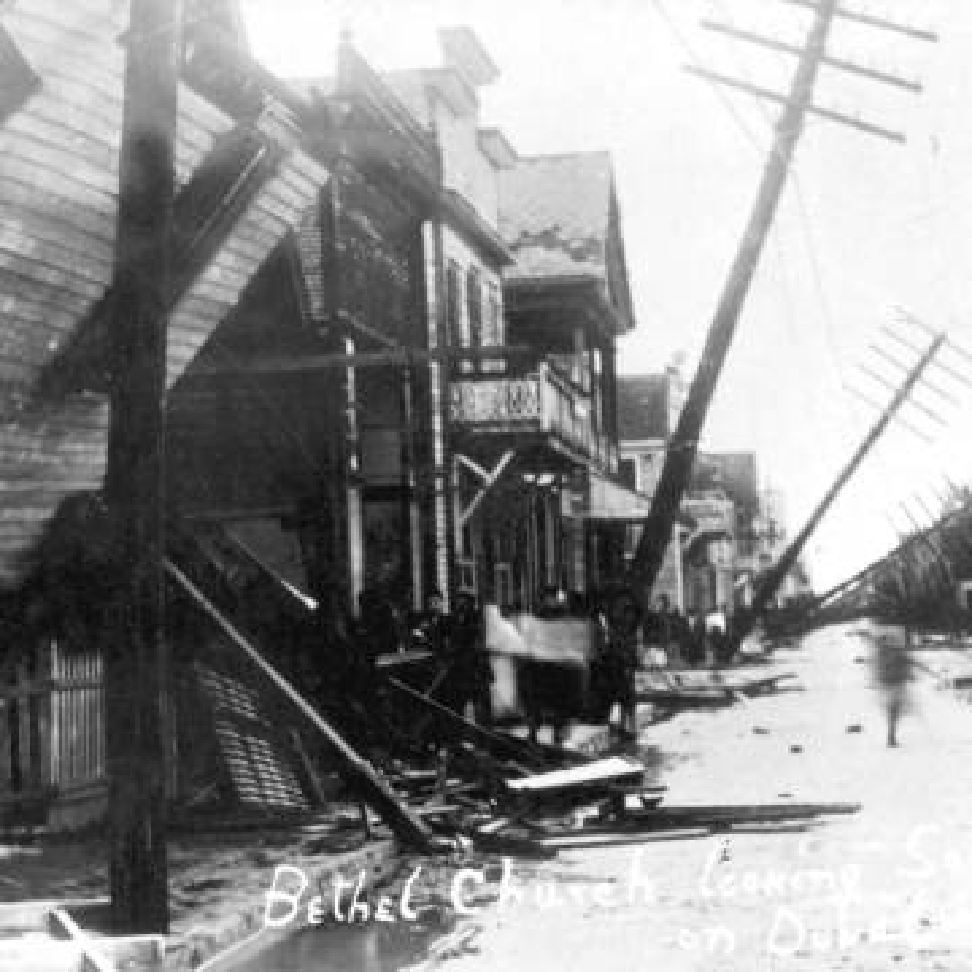What should we do if our toilets don't work?
Use a Twin-Bucket Emergency Toilet. Keep your pee separate from your poo. Keep each in a bucket with a cover.
Pee is clean if people in your household are well. It poses almost no health risk. With extra buckets and lids, you can store pee until it can be sprinkled on land as a nitrogen-rich fertilizer.
The poo bucket contains most of the pathogens. Poo needs to be treated, or contained until treated. But the great thing about poo is that it doesnʼt take up much space. Each of us produces only 4-10 oz daily. Cover your deposit with shredded paper, sawdust or coir fiber to dry it our and prepare it for treatment by composting. It takes a couple of weeks for three people to fill the bucket with poo and carbon material.


Living in a Seismic Zone
When city dwellers suddenly lose their flushing toilets to an earthquake, they are further distressed and their capacity to survive and recover is deeply compromised.
By understanding how infrastructure will fail and experimenting with alternative, decentralized and waterless systems we can strengthen community resilience before a seismic event and speed recovery after it.
Climate Change
It's a connection we don’t make very often. But the rise in extreme weather events is proving challenging to sanitation systems around the world. While the UN's Sustainable Development Goal (SDG) 6.2 calls for universal sanitation, 4.5 billion people globally lack safely managed services.
This problem is exacerbated by the fact that water availability is becoming less predictable, and increased incidences of extreme weather events such as floods threaten sanitation facilities and risk contaminating water sources.


Disaster Preparedness
When disaster strikes, preparation is key. And as climate change increases the frequency and intensity of storms worldwide, it is crucial that we be prepared now than ever before.
Most emergency kits don't take into account the risk of losing access to a safe toilet. Fortunately, you can prepare by spending a few dollars and forming a plan with your family and/or neighborhood.
Subscribe to our newsletter!
Announcement of Collaboration By Genevieve Mancuso of PHLUSH and Annika Lundkvist of Pedestrian Space PHLUSH is a nonprofit based in the United States that helps local governments and citizen groups to advocate for and provide equitable public restroom access. Pedestrian Space is a media platform…
In early May, Ashley and Genevieve traveled cross-country for a whirlwind week in Washington DC at the inaugural United States WASH (Water, Sanitation, and Hygiene) Convening! We’d like to thank our friends at DigDeep and Water For People for putting this incredible conference together, including funding for travel and lodging…
Professional photographer Mark Chester did not intentionally find the issue of inclusivity in restroom access - the issue found him. Chester began photographing restroom signs 12 years ago. In conducting this work, Chester began pondering the relationship between signage and inclusivity. What he found is that the barriers to equitable…
Announcement of Collaboration with Pedestrian Space!
A Recap of the U.S. WASH Convening: Part I
The Importance of Inclusive Restroom Signage
[show_twitter_feed]
